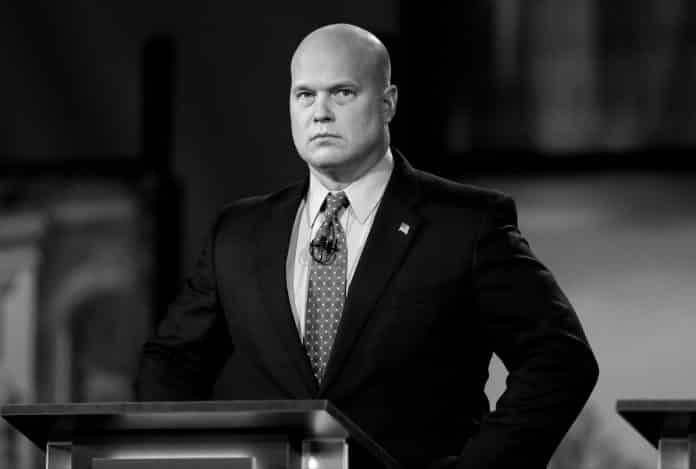
By Neal K. Katyal and George T. Conway III, Mr. Katyal and Mr. Conway are lawyers. Conway is husband of Trump Advisor KellyAnne Conway
What now seems an eternity ago, the conservative law professor Steven Calabresi published an op-ed in The Wall Street Journal in May arguing that Robert Mueller’s appointment as special counsel was unconstitutional. His article got a lot of attention, and it wasn’t long before President Trump picked up the argument, tweeting that “the Appointment of the Special Counsel is totally UNCONSTITUTIONAL!”
Professor Calabresi’s article was based on the Appointments Clause of the Constitution, Article II, Section 2, Clause 2. Under that provision, so-called principal officers of the United States must be nominated by the president and confirmed by the Senate under its “Advice and Consent” powers.
He argued that Mr. Mueller was a principal officer because he is exercising significant law enforcement authority and that since he has not been confirmed by the Senate, his appointment was unconstitutional. As one of us argued at the time, he was wrong. What makes an officer a principal officer is that he or she reports only to the president. No one else in government is that person’s boss. But Mr. Mueller reports to Rod Rosenstein, the deputy attorney general. So, Mr. Mueller is what is known as an inferior officer, not a principal one, and his appointment without Senate approval was valid.
But Professor Calabresi and Mr. Trump were right about the core principle. A principal officer must be confirmed by the Senate. And that has a very significant consequence today.
It means that Mr. Trump’s installation of Matthew Whitaker as acting attorney general of the United States after forcing the resignation of Jeff Sessions is unconstitutional. It’s illegal. And it means that anything Mr. Whitaker does, or tries to do, in that position is invalid.
Much of the commentary about Mr. Whitaker’s appointment has focused on all sorts of technical points about the Vacancies Reform Act and Justice Department succession statutes. But the flaw in the appointment of Mr. Whitaker, who was Mr. Sessions’s chief of staff at the Justice Department, runs much deeper. It defies one of the explicit checks and balances set out in the Constitution, a provision designed to protect us all against the centralization of government power.
READ FULL ARTICLE on New York Times >>>>
ATTENTION READERS
We See The World From All Sides and Want YOU To Be Fully InformedIn fact, intentional disinformation is a disgraceful scourge in media today. So to assuage any possible errant incorrect information posted herein, we strongly encourage you to seek corroboration from other non-VT sources before forming an educated opinion.
About VT - Policies & Disclosures - Comment Policy




There is no equivalency between “special counsel” and Attorney General. This isn’t a complicated legal question or a wrangling of specific language or interpretation. Attorney generals must be approved by the Senate.
Most Especially when the majority president is under investigation. This is blatant and overt obstruction of justice, and coloring it any other way is simply softening the situation. This guy has fired the FBI director, the US Attorney for the Southern District of NY, and has consistently consolidated power to evade investigation and hinder any attempts to look at his personal financial information. Many other countries would have had a military coup by now.
Comments are closed.